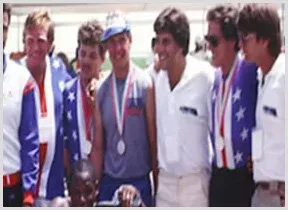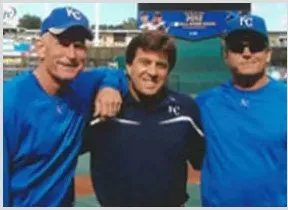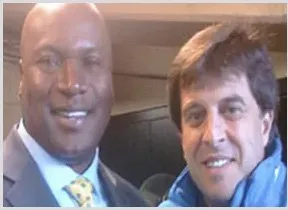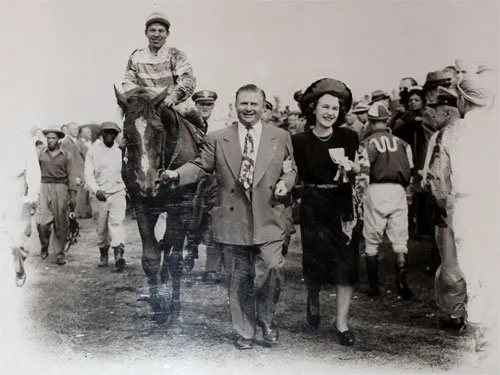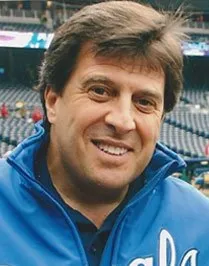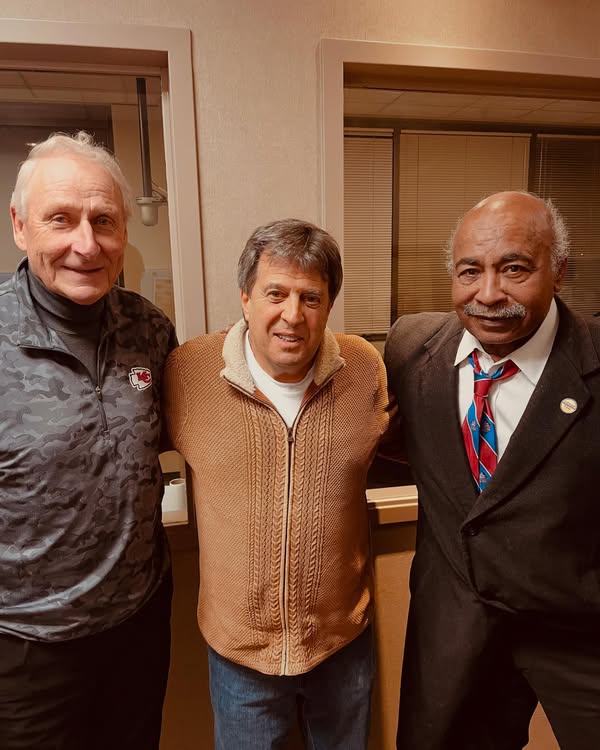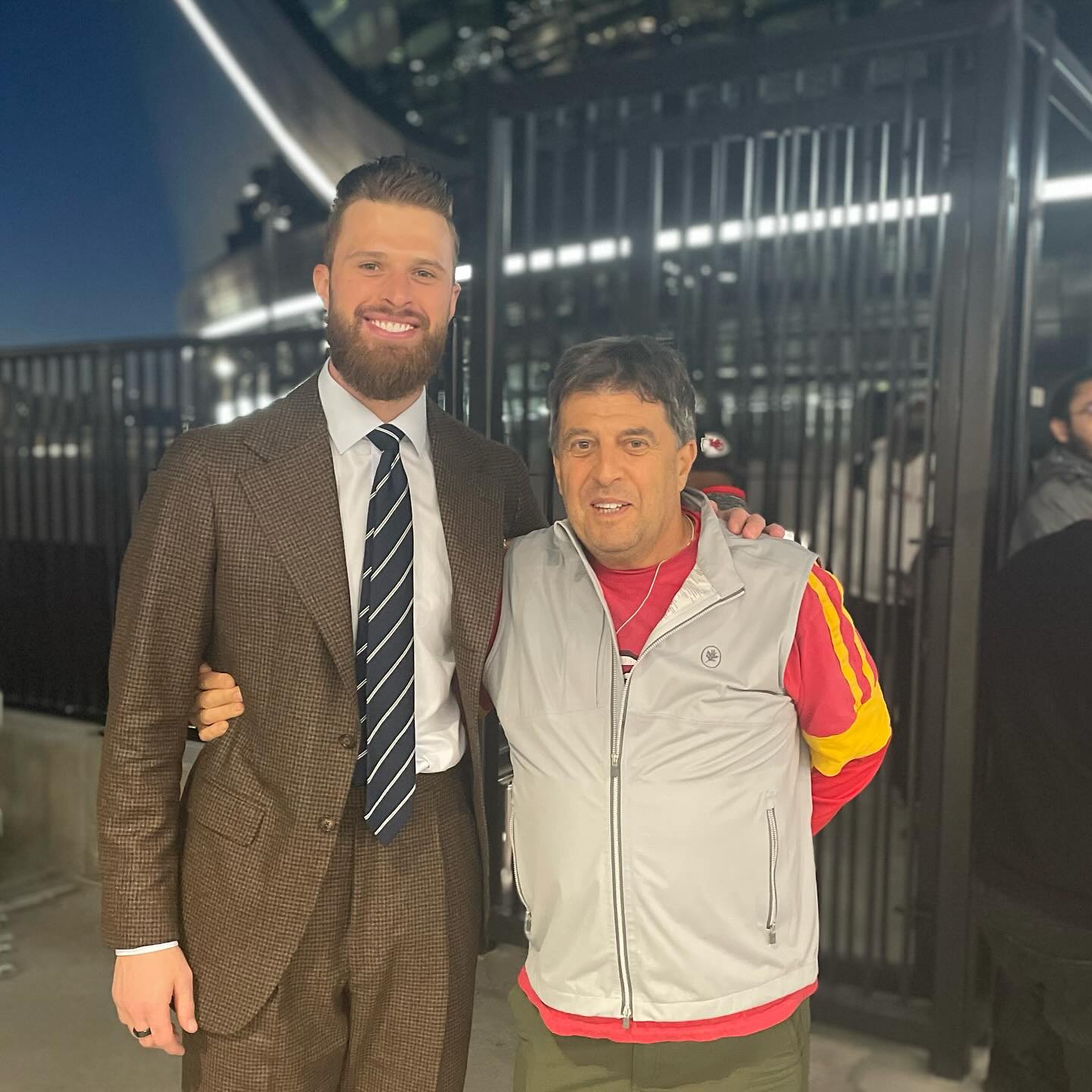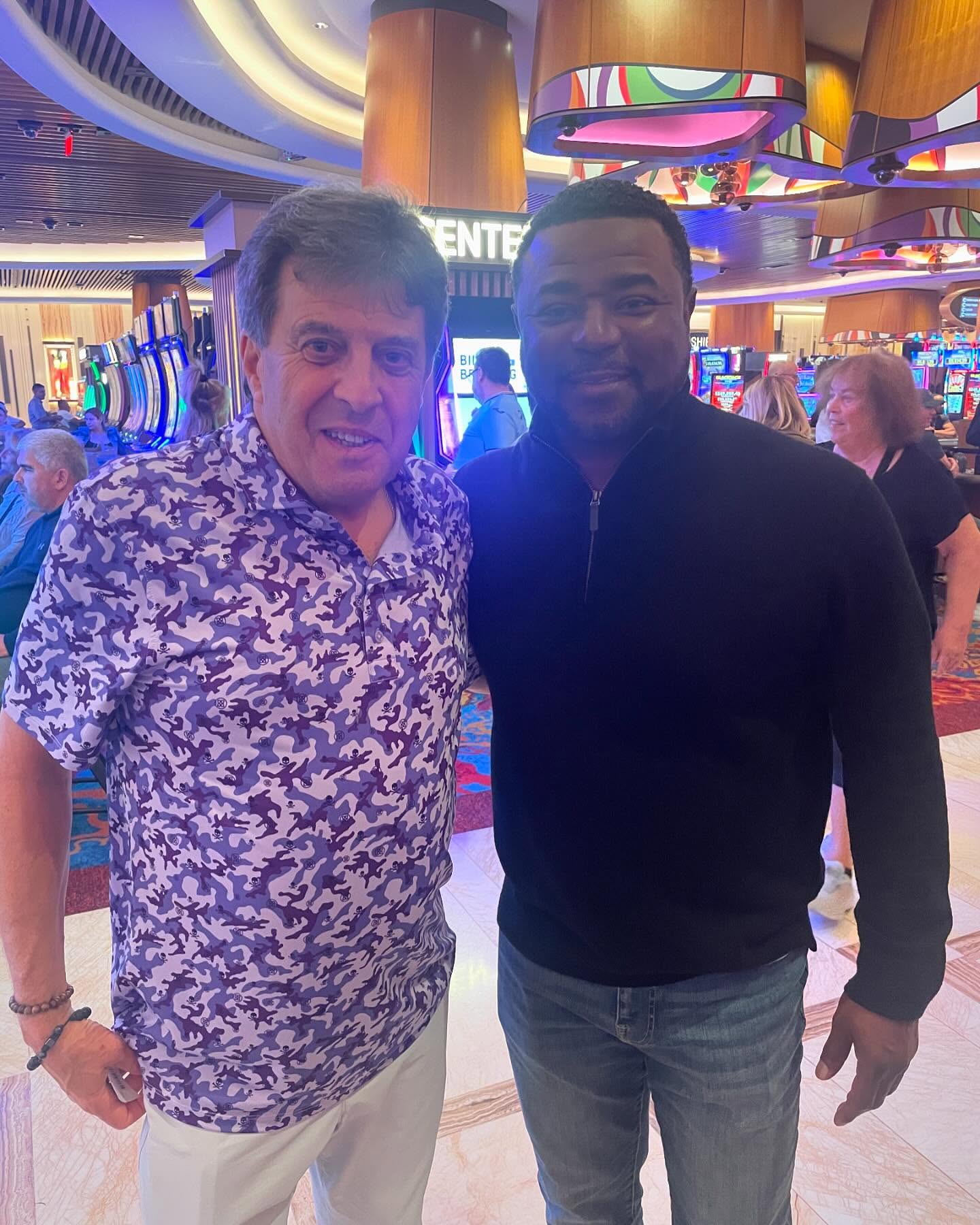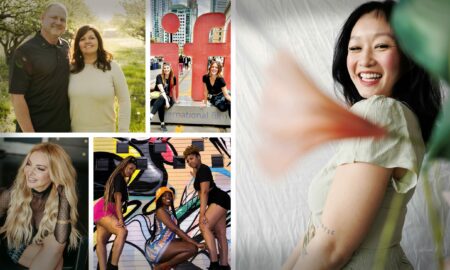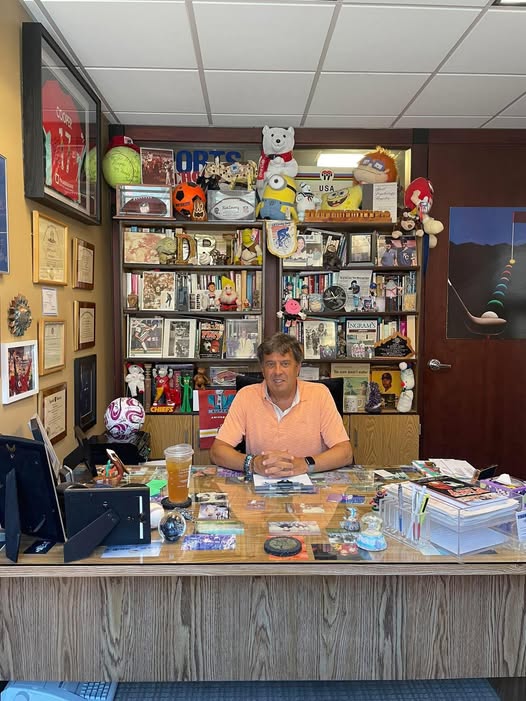

Today we’d like to introduce you to Andrew Jacobs.
Hi Andrew, it’s an honor to have you on the platform. Thanks for taking the time to share your story with us – to start maybe you can share some of your backstory with our readers?
I went to graduate school at the California School of Professional Psychology in San Diego from 1976-1981. My second year I enrolled in a class called Sport Psychology, taught by Dr. Robert Nideffer. Our textbook, The Inner Athlete, was written by him. There were only about 10 people in the class. After class was over, I went down to the beach and read the entire book. When I got to my apartment, I called Dr. Nideffer, told him I read his entire book, and shared with him that I had found my profession, to be a sport psychologist. I had played competitive tennis most of my life and had frequently “choked” under pressure. After reading his book, I realized there were many “psychological” things I could have done to have been a better player and decided that this would be my passion. Each year at my graduate school, we had internships where we were trained in specific areas of psychology. My fifth year, we set up one of the first sport psychology internships at San Diego State University, where I worked with the men’s tennis team and women’s gymnastics team. The success I had with numerous athletes confirmed my excitement that this was going to be the career I would enter. In addition, I completed my doctoral dissertation on “The Personality Characteristics of Thoroughbred Horse Race Jockeys”. Because of my relatives involvement in horse racing, I had accessibility to the top jockeys in the United States and evaluated them with a personality test. (My great uncle, Hirsch Jacobs, was my role model growing up. When he died in 1970, he was the winningest trainer in horse racing history with 3,596 wins, and was a great inspiration to me. His daughter, Patrice and her husband, Lou, owned Affirmed, who won the triple crown in horse racing in 1978. She was also a great inspiration in my career to pursue my passion and supported me throughout). After grad school, I moved back to Kansas City. On my way back, I interviewed at the US Olympic Training Center in Colorado Springs about working with the teams as a sport psychologist. I met with the assistant head of athletic training. After explaining to him how sport psychologists had been working with the Eastern bloc countries and with Canada and Australia, and how beneficial they were, he told me “We don’t need any of you Phd psychologists telling us what’s wrong with our athletes”. Needless to say, that motivated me on my drive back to Kansas City, that I had a lot to prove about the importance of the mental side of sports. After coming home, I began my private practice and interviewed with athletic directors at 4 of the smaller colleges in the KC area. None were interested. In fact one of the athletic directors told me ” I don’t believe in hocus focus and witchcraft”. In November, 1981 I went to a sport medicine meeting in Lawrence,KS at KU. Dr. Michael Bahrke, who put the seminar on, after meeting me and found out what I was trying to do, asked me if I would like to make a presentation to the KU coaches. A meeting was set up and the only coaches who came were, Carla Coffey and Bob Timmons, the track coaches. Coach Timmons, who was one of the top track coaches in the country offered me a job for $5.00 a day, one day a week, which I gladly accepted. I started working with both the men’s and women’s teams and had a great deal of success, which led to career taking off. I then became the first sport psychologist at the University of Kansas and was there thru 1985. The following June, the US Cycling organization called me, because they were looking for a sport psychologist. That began a 7 year relationship, where I worked with the team at 3 World Championships and the 1984 Olympics in LA, where we won 9 medals, the first medals won in 72 years in the Olympics. I also started working with the Kansas City Blazers swim team, which lasted 30 years under head coach Peter Malone. We had numerous athletes make the Olympic team as well. In 1984-1988, I worked with the Kansas City Comets indoor soccer team. In 1990, I was hired as one of the first sport psychologists in baseball as I worked full time with the Kansas City Royals. During this time I also spoke nationally for numerous PGA and US Tennis workshops. I began my radio show, “The Mental Power Hour”, in 1992 on KMBZ radio and moved to WHB in 2001 and started “The Dr. Andrew Jacobs Sport Psychology Hour”, which has been on the air for 24 straight years. Throughout this time I have continued my private practice and co-wrote a book, “Just Let “Em Play, Guiding Parents, Athletes and Coaches through Youth Sports”. I was once again hired to be the team psychologist for the KC Royals from 2008-2011 and have been the team psychologist for the KC Current for the past 3 years.
Alright, so let’s dig a little deeper into the story – has it been an easy path overall and if not, what were the challenges you’ve had to overcome?
No, it has not always been smooth. When I began, virtually no one had heard of sport psychology. I have had to deal numerous times throughout my career with coaches and administrators who didn’t see the value. Many times I have worked with teams, only to be let go when there was a coaching change, with the new coach or administration not believing in the importance of mental training or more importantly in the mental health of their athletes. To this day, I still have to challenge many about why athletes, in spite of their superior physical skills, are still human beings who have to deal with the stressors and anxiety that everyone else has to handle. And with social media, that becomes even more of an issue today.
Thanks for sharing that. So, maybe next you can tell us a bit more about your work?
I have been in private practice as a psychologist since 1981. My expertise is in sport psychology. I see clients privately in my office and via social media. I have been called a “pioneer” in sport psychology as I am one of the first to have a private practice in the country.. I also speak frequently to all levels of sport teams and organizations. I have hosted my radio show every Sunday morning from 7-8am on Sportsradio 810whb. My show is also podcasted on all the major podcast apps. I am known for my work as a sport psychologist, as a radio talk show host and as an author. Professionally, I am most proud of the fact that I have helped so many people accomplish their goals. What sets me apart from others in the profession is that I am not afraid to speak my mind and confront the issues in sports that many are reluctant to address.
What has been the most important lesson you’ve learned along your journey?
That Confidence is the foundation of success in all walks of life.
Contact Info:
- Website: https://www.winnersunlimited.com
